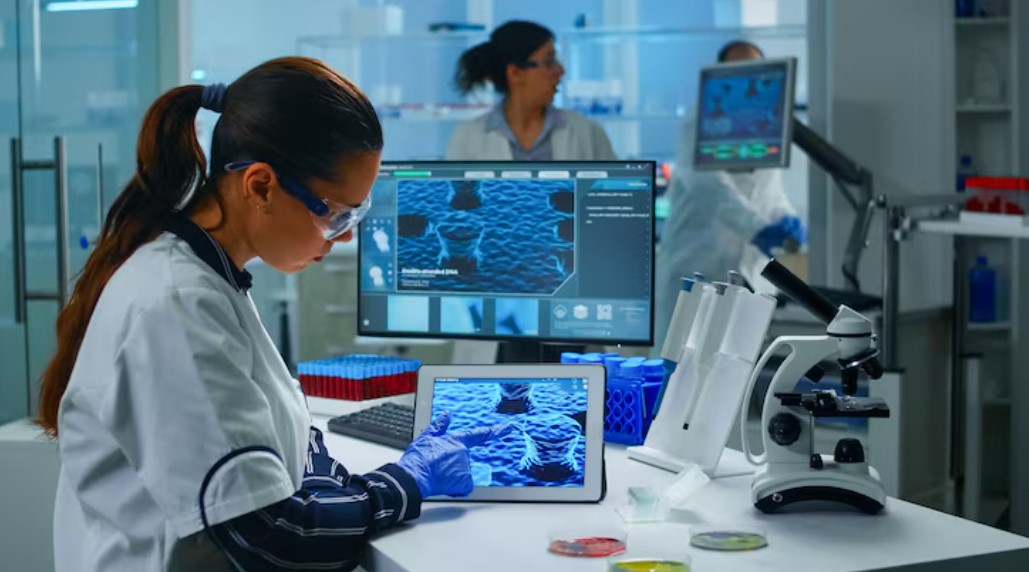12
Sep 2025
How AI is Making Clinical Trials Better for Patients
Published in Travel Tips on September 12, 2025

Clinical trials are essential for developing new medicines and treatments, but they can also feel confusing, time-consuming, or stressful. Thanks to Artificial Intelligence (AI), trials are becoming more patient-friendly. Here are some tips on how AI can improve your clinical trial experience:
1. Use AI Tools to Understand Trial Information
Clinical trial documents are often full of medical terms. AI programs can break down these details into plain language, helping you clearly understand what the trial involves.
Tip: Ask if the trial you’re considering offers AI-powered summaries or chatbots to help you review consent forms and prepare questions for your doctor.
2. Check How AI Reduces Patient Burden
Trials can sometimes mean extra hospital visits, long travel, or uncomfortable procedures. AI is now being used to calculate “burden scores,” showing how demanding a trial might be for participants.
Tip: Before joining, ask the research team whether AI has been used to design the trial and whether procedures have been streamlined to make participation easier.
3. Look for AI-Enabled Support Tools
New trials are beginning to use AI assistants to send reminders, track health data, and provide quick answers. These tools can help you stay on top of your appointments and treatment schedule.
Tip: If you join a trial, ask if wearable devices or AI apps are available to monitor your health and make your journey smoother.
4. Consider How AI Improves Safety
AI can process large amounts of data from participants—such as blood tests, scans, or wearable devices—much faster than humans. This allows early detection of side effects or complications.
Tip: Ask how the trial team uses AI to keep track of patient safety and whether it can help spot problems earlier.
5. Ask About Accessibility and Fairness
AI is also being used to identify groups of people who are often left out of trials—such as those living in rural areas or from lower-income backgrounds. This helps make trials more inclusive.
Tip: If you live far from major hospitals, ask if the trial has AI-supported solutions, like remote monitoring or flexible scheduling, to reduce the need for frequent travel.
6. Plan Ahead for Costs and Logistics
Trials can involve hidden expenses such as transport, accommodation, or time off work. Some AI platforms are starting to map these costs and help patients prepare.
Tip: Ask your trial coordinator if there are AI tools that can estimate these extra costs, so you can make informed decisions.
Final Thought
AI isn’t just helping researchers—it’s helping patients. By making information clearer, reducing burdens, improving safety, and creating fairer access, AI is reshaping clinical trials into a more supportive and patient-centred experience.









